5 Ton Dynamometers
The word “dynamometer” covers a broad range of equipment, but all with a related purpose: to measure force, torque, or power.
Types of dynamometers
There are many types, including absorption/inertia dynamometers (to measure power or torque directly), transmission dynamometers (that use gears and linkage systems for measurement), hydraulic dynamometers (to measure the power output of engines), and others.
But we’re mostly interested in tension dynamometers, which work by measuring the force applied to them. They consist of a load cell body with a strain gauge. When a force is applied to the load cell, it creates tension which the strain gauge then measures. The tension on the strain gauge is directly related to the amount of force applied, thus allowing the device to give precise measurements of force, weight, or tension.
Crane scales vs. dynamometers
Tension dynamometers are similar to crane scales, which use the same basic structure, including a load cell body and strain gauge. The primary difference between crane scales vs. dynamometers is that crane scales have a lower hook and upper shackle, while dynamometers use both upper and lower shackles.
This is a slight difference, but depending on the application, having the hook may be a big convenience or a hindrance. That’s why it’s always important to understand your application before choosing between a crane scale or a dynamometer.
For example, if you simply need to weigh shipping containers, having the hook will likely make the operation run smoother. However, if you need to measure the tension in a cable, the hook will likely be a hindrance, making a dynamometer the better choice.
The other difference between crane scales vs. dynamometers is size. Because crane scales have a hook attached, there’s a limit to how large they can be. In lower capacities, both crane scales and dynamometers are available; for example, 5-ton dynamometers and crane scales are both common capacities. But while 100-ton and even 150-ton dynamometers are common, a crane scale of that size would need an unreasonably large hook.
Variety of capacities
Because they lack the hook of a crane scale, dynamometers come in a wide variety of capacities. Here, we’ll explore some of the most popular sizes.
5-ton dynamometers
5-ton dynamometers are one of the most common sizes. They are versatile yet portable—strong enough to lift an elephant, but light as a loaf of bread!
Eilon Engineering 5-ton dynamometers: length & weight
|
Imperial |
Metric |
|
|
5-ton dynamometers: weight |
1 pound |
0.5 kg |
|
5-ton dynamometers: length |
5.8 inches |
147 mm |
As you can see, Eilon Engineering’s 5-ton dynamometers are incredibly lightweight and portable. They fit easily into a small carrying case and are a breeze to transport around the job site.
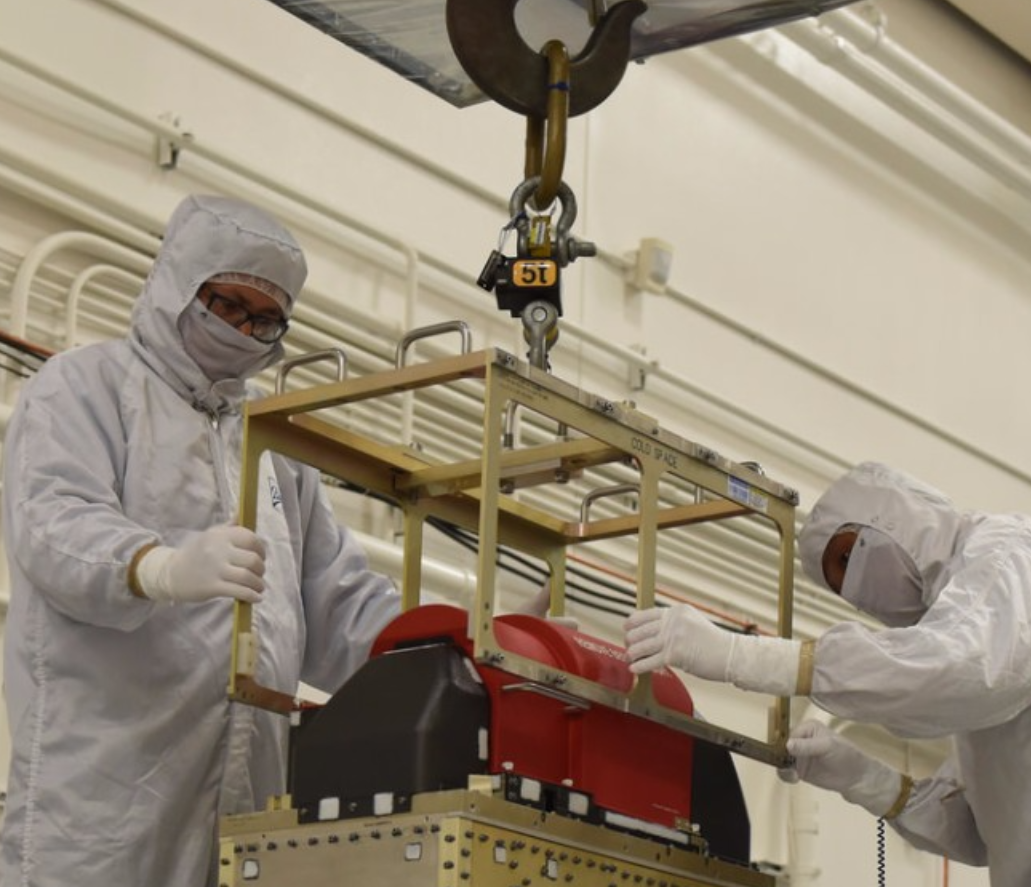
10-ton dynamometers
You might think that as the maximum lifting capacity increases, the dynamometer’s size would increase exponentially. But that’s not the case. For example, here are the specs for this model:
|
Imperial |
Metric |
|
|
10-ton dynamometers: weight |
3.1 pounds |
1.4 kg |
|
10-ton dynamometers: length |
7.7 inches |
195 mm |
Notice that it’s only slightly larger than our 5-ton dynamometers.
20-ton dynamometers
You might assume that a device that’s strong enough to lift and weigh a garbage truck would be far too heavy for one person to carry. You’d be wrong, because our 20-ton dynamometers are still shockingly light, coming in at only 5.5 pounds. Here are the full specs:
|
Imperial |
Metric |
|
|
20-ton dynamometers: weight |
5.5 pounds |
2.5 kg |
|
20-ton dynamometers: length |
8.9 inches |
226 mm |
100-ton dynamometers
This size dynamometer is where things start to get bigger—for instance lifting and weighting a Boeing 757. And while this capacity dynamometer doesn’t fit in a carrying case, it’s still surprisingly light.
|
Imperial |
Metric |
|
|
100-ton dynamometers: weight |
60 pounds |
28 kg |
|
100-ton dynamometers: length |
17.7 inches |
440 mm |
150-ton dynamometers
Here’s our final capacity of the most common tension dynamometer sizes. This one’s strong enough to lift a full-grown adult blue whale—the largest animal that’s ever lived! And while this dynamometer is larger than some adult humans, it’s still remarkably portable for its capacity.
|
Imperial |
Metric |
|
|
150-ton dynamometers: weight |
121 pounds |
57 kg |
|
150-ton dynamometers: length |
22.6 inches |
575 mm |
Wireless dynamometer
One final consideration, whether you're looking for a 5-ton dynamometer or a 150-ton system, is if you need a wired or a wireless model.
A wireless system is generally thought to be more advantageous than a wired system, though both have their uses.
Most applications will benefit from having a wireless dynamometer that takes advantage of radio frequency technology. A wireless dynamometer both allows operators to maintain a safe distance from the lift, and allows multiple operators to access the measurements by allowing for multiple displays.
It also saves operators from having to deal with messy wires and prevents potential accidents from having wires on the job site.
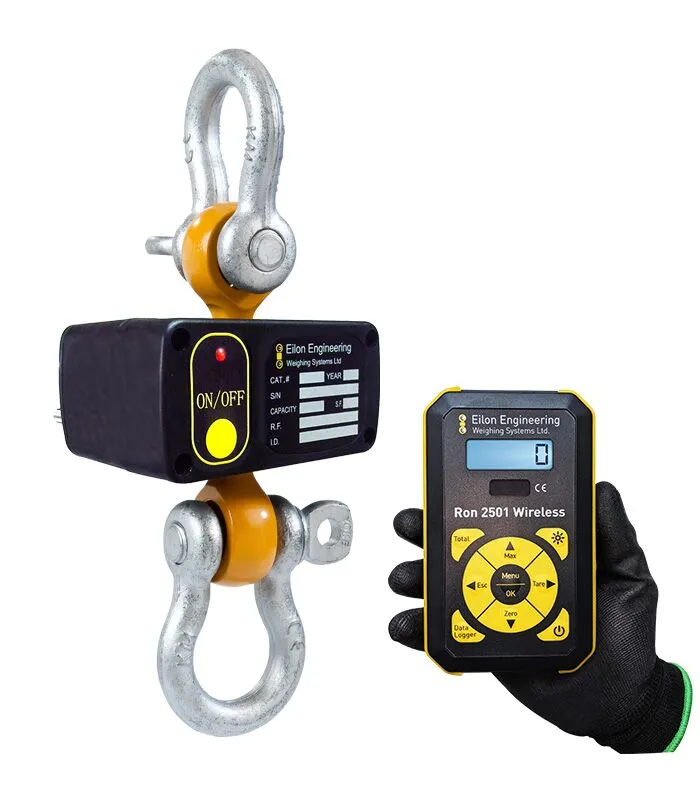
Not sure which dynamometer is right for you?
No worries! Our expert team will be happy to help you find the weighing system that’s perfect for your specific application.
Call us at:
US/Canada/Int'l: 1-888-778-8064
UK: 0800 8620354
Email:
sales@eilon-engineering.com





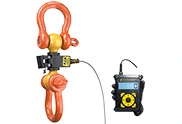
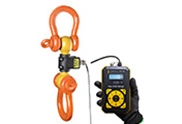
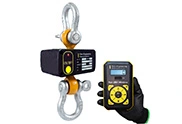
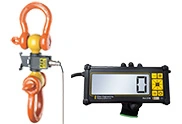





.png) Barcelona Jan 30-Feb 2
Barcelona Jan 30-Feb 2